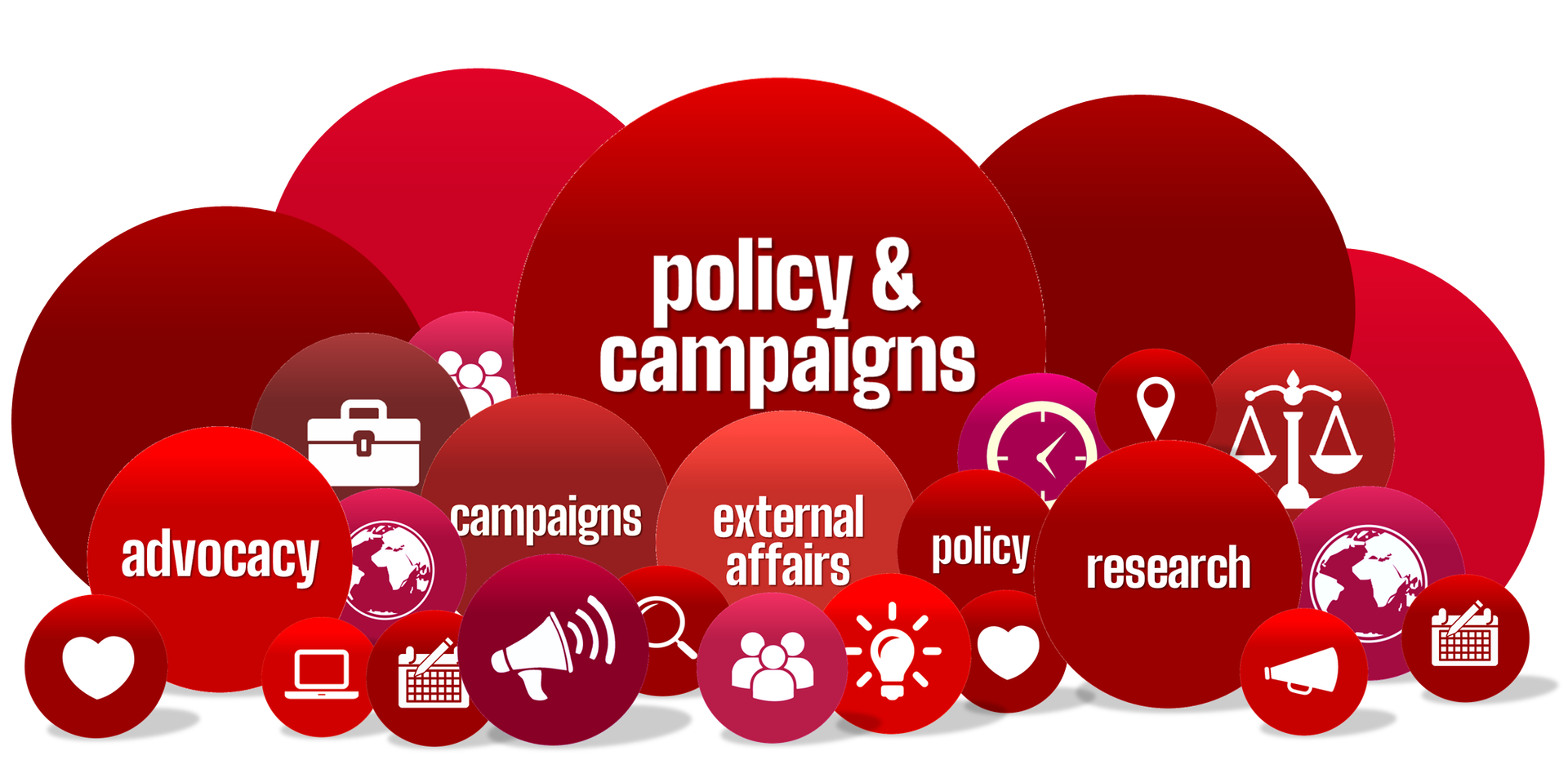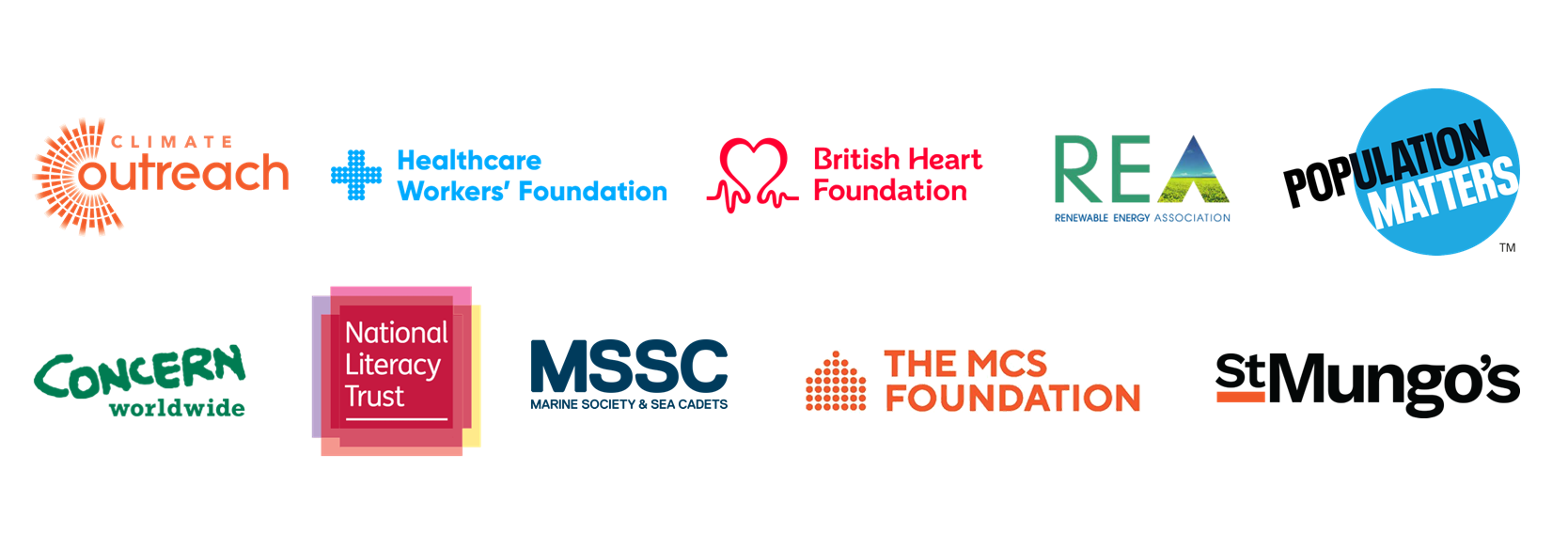Policy, Advocacy & Campaigns

Placements in the last five years


Regularly-recruited roles
Campaigns Assistant
Campaigns Manager
Director of Campaigns
Head of External Affairs
Head of Policy
Policy Advisor
Policy Manager
Senior Policy Officer
Campaigning for a cause is at the heart of the charity sector: whether building grassroots movements, political influencing or highlighting injustice through social media, campaigners are the driving force behind social change.
As specialists in this area we view ourselves as an extension of the sector, actively seeking to facilitate the work of campaigning organisations by bringing them together with the right people. We successfully place professionals at all levels within this field, from junior officers through to executive directors.
Jobs: Policy, Advocacy & Campaigns
Specialists in this area:
Placements in the last five years
Regularly-recruited roles


Campaigns Assistant
Campaigns Manager
Director of Campaigns
Head of External Affairs
Head of Policy
Policy Advisor
Policy Manager
Senior Policy Officer
Campaigning for a cause is at the heart of the charity sector: whether building grassroots movements, political influencing or highlighting injustice through social media, campaigners are the driving force behind social change.
As specialists in this area we view ourselves as an extension of the sector, actively seeking to facilitate the work of campaigning organisations by bringing them together with the right people. We successfully place professionals at all levels within this field, from junior officers through to executive directors.
Jobs: Policy, Advocacy & Campaigns
Specialists in this area:








